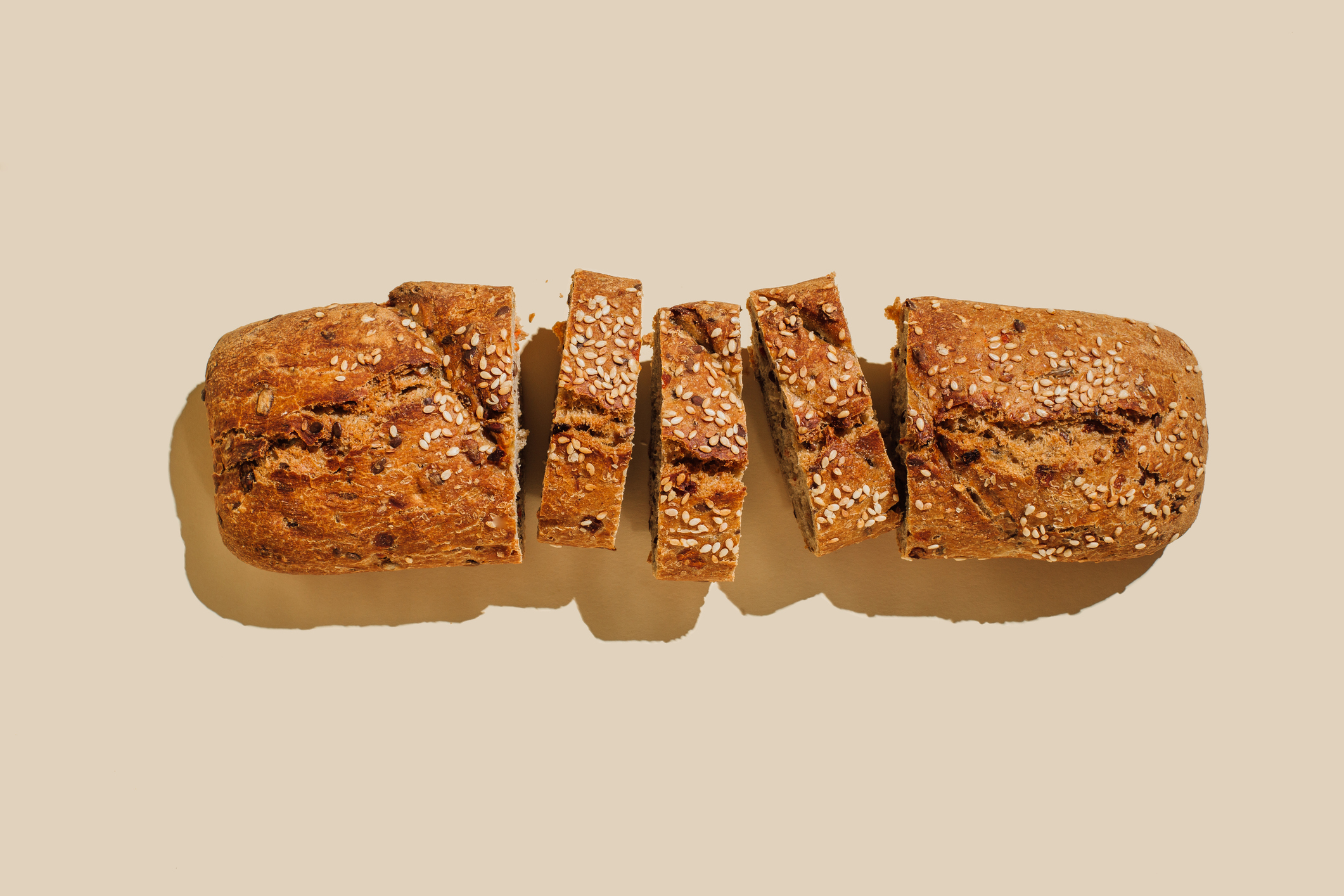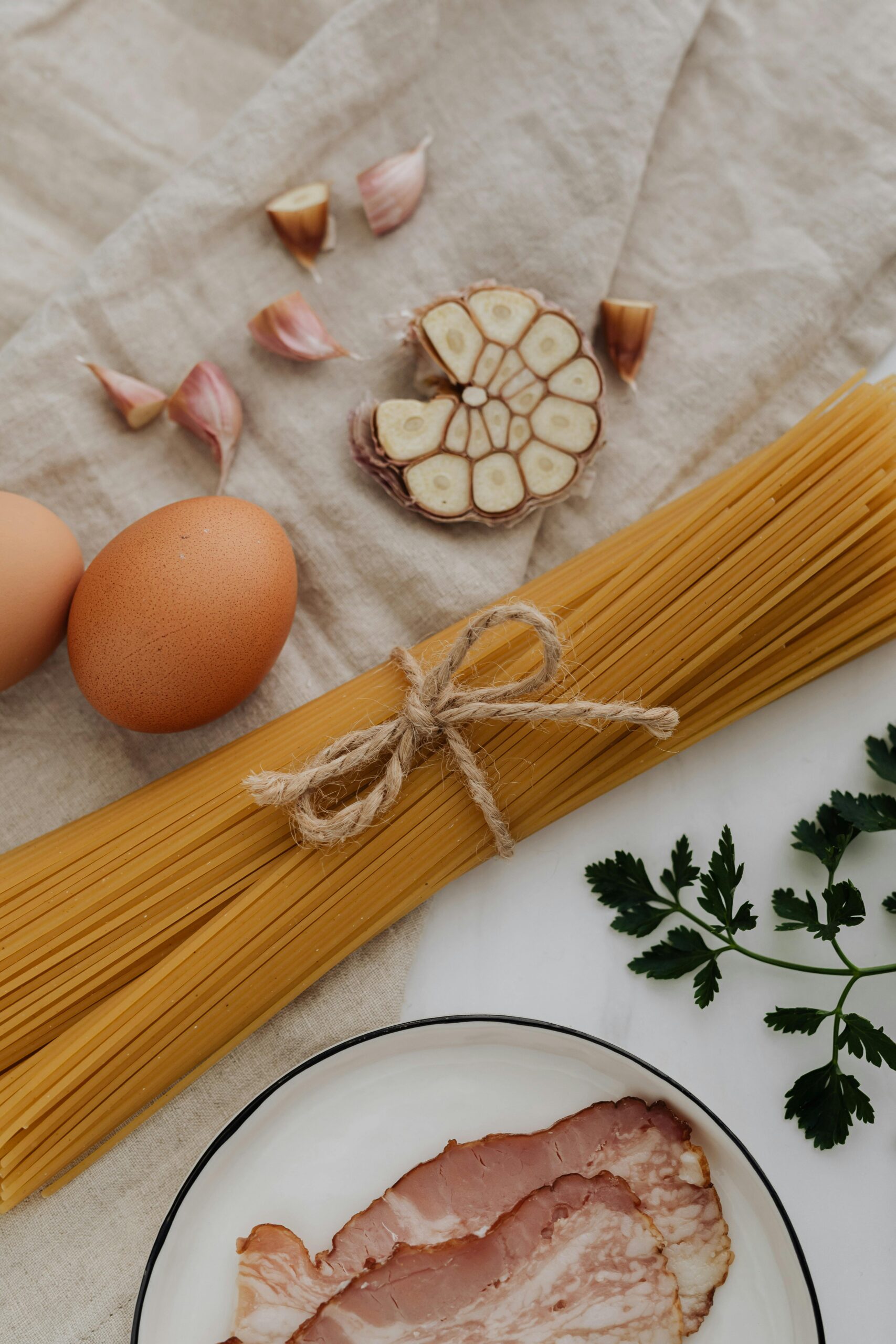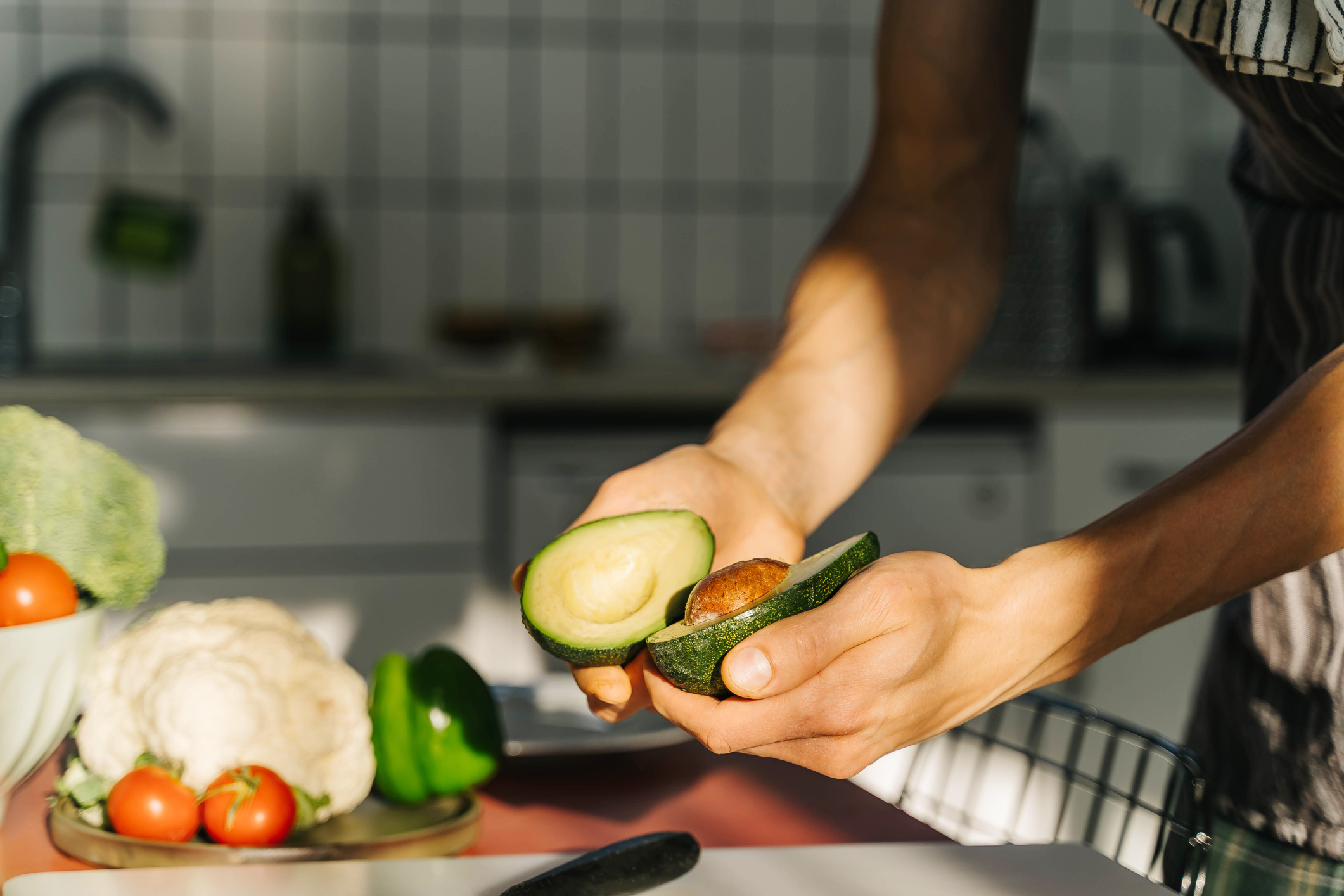Your refrigerator is the workhorse of your kitchen that’s always doing the most. It keeps your food fresh, drinks cold, and midnight snacks within arm’s reach. Your first instinct when unpacking your groceries might be to toss anything and everything in there to chill, but you might surprised at how many things have no need for this space. Save the real estate and consider a new home for these items.
1. Tomatoes
These vibrant beauties are better off lounging on your countertop than hanging out in your fridge. When stored in the cold, tomatoes can lose their flavor and become mealy. So, unless you enjoy bland and grainy tomato slices on your sandwich, keep them out of the chilly depths and let them be in room-temperature glory.


2. Bread
Ever pulled out a sandwich bread from the fridge only to find it dry and crumbly? Bread doesn’t fare well in the refrigerator, where it tends to go stale faster. Instead, keep your bread in a bread box or on the counter, and if you really need to store it for longer periods, the freezer is your best bet. Plus, there’s something oddly comforting about reaching for a loaf that’s been sitting out, as if inviting you to make the perfect toast.
3. Potatoes
Cold temperatures can turn the starch in potatoes into sugar more quickly, resulting in a sweet, gritty tuber. For the best mash, fry, or roast, store your potatoes in a cool, dark place, like a pantry or cellar. Your taste buds will appreciate it, and your fries will be crispy perfection.
4. Onions
Onions are known for their ability to make you cry, but refrigerating them can turn this tear-jerking experience into a full-blown drama. Cold and humid conditions make onions soft and moldy, and nobody wants to chop into that. Store them in a cool, dry place instead. But remember to keep them away from potatoes, as they can cause each other to spoil faster.


5. Garlic
Garlic is a hardy little allium that doesn’t need the cold to keep fresh. In fact, the fridge can make garlic sprout and turn rubbery. Keep your garlic bulbs in a dry, ventilated area at room temperature. Besides, a cute garlic keeper on your counter could add a little something special to your kitchen while keeping those cloves ready for your next meal.
6. Honey
Honey is nature’s preservative, AKA nature’s gold, that never spoils, and it doesn’t need any help from your refrigerator. Storing honey in the fridge can cause it to crystallize and harden, making it difficult to spread on your morning toast or drizzle over yogurt. Keep your honey in a sealed container at room temperature, and it will stay smooth and pourable indefinitely.
7. Coffee
If you’ve been keeping your coffee beans or grounds in the fridge, it’s time for a caffeine intervention. The fridge’s cold and moist environment can make coffee beans go stale faster and absorb odors from other foods. For the freshest cup, store your coffee in an airtight container in a—yes, you guessed it—cool, dark place.
8. Basil
Basil is the diva of herbs, and it doesn’t take kindly to the cold. Refrigeration can cause basil leaves to turn black and slimy. Instead, treat your basil like a bouquet of flowers: place the stems in a glass of water on your countertop and change the water every couple of days. Better yet, if you have a sunny spot, grow a little basil plant and have fresh leaves whenever you need them.


9. Avocado
Avocados are unique in that they ripen after being picked, and the fridge can mess with this process. If you’ve got an unripe avocado, let it ripen on the counter. Once it’s reached peak ripeness, you can move it to the fridge to keep it from spoiling too quickly. But until then, let your avocados enjoy the ambient air.
10. Oils
Certain oils, like olive oil, can become cloudy and solidify in the fridge. This doesn’t harm the oil, but it does make it difficult to use. Store your oils in your pantry to keep them liquid and ready to drizzle over salads or sizzle in your skillet.
11. Hot Sauce
Most hot sauces contain vinegar and salt, which act as preservatives and keep them shelf-stable. Refrigerating hot sauce can dampen its flavor and make it thicker. So, unless the bottle specifically says to refrigerate after opening, feel free to leave your hot sauce out.
12. Melons
Whole melons, like watermelon and cantaloupe, do just fine outside the fridge until they’re cut. The fridge can actually alter its flavor and texture. Keep your melons on the counter to let them fully ripen. Once you’ve sliced into them, you can store the leftovers in the fridge to keep them fresh.
13. Peanut Butter
Natural peanut butter doesn’t need to be refrigerated, despite what some might think. The cold can make it hard to spread and less enjoyable. An exception is if you prefer the texture of refrigerated peanut butter or if it’s a type that needs refrigeration to prevent separation.
